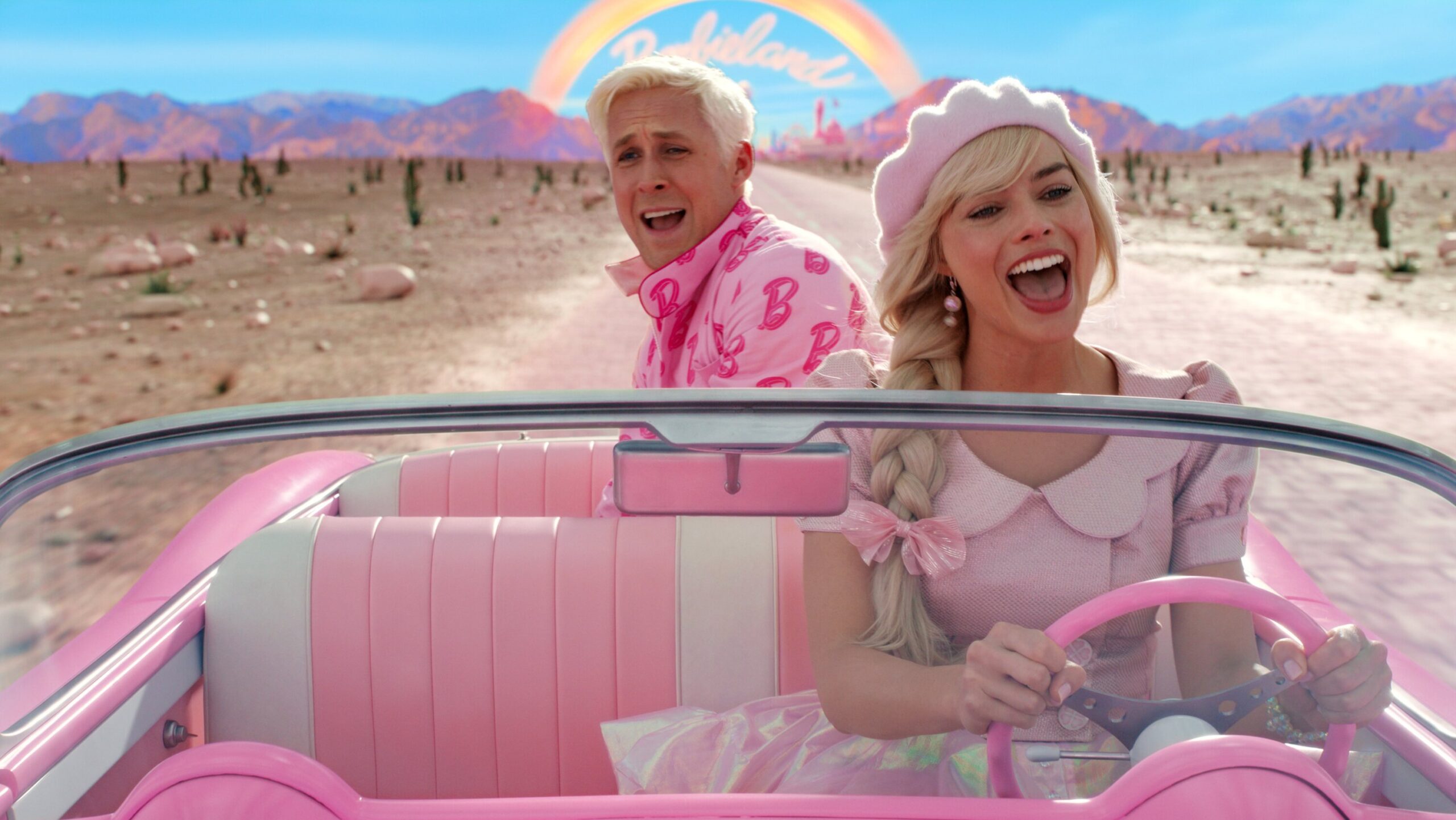Every year, Awards Season is special for one reason: we all come together in outrage against a very specific group of voters, and publicly shame them until we grow bored. The Golden Globes and Emmys are great predictors of who will be ultimately nominated for an Oscar…but this year, it appears that the Academy stopped […]

